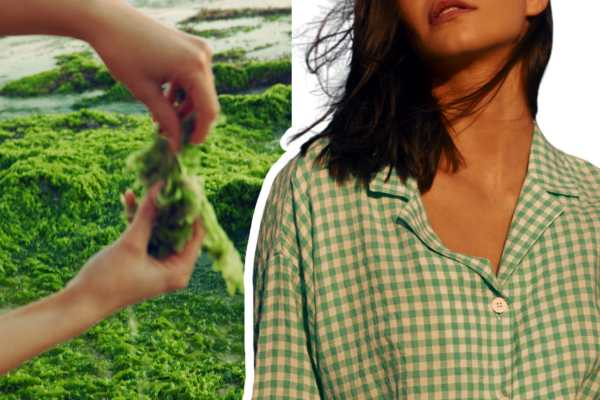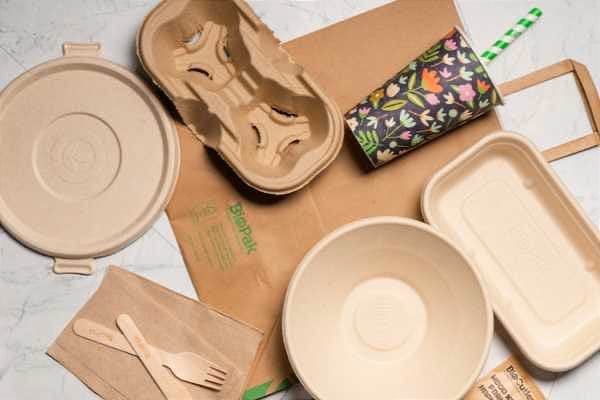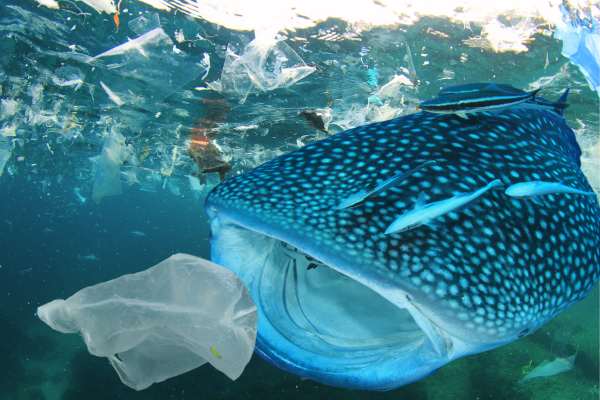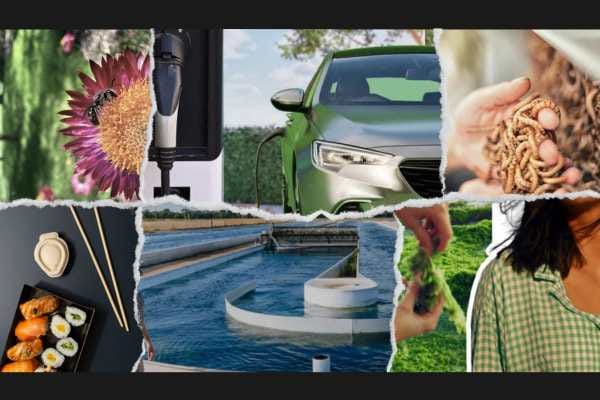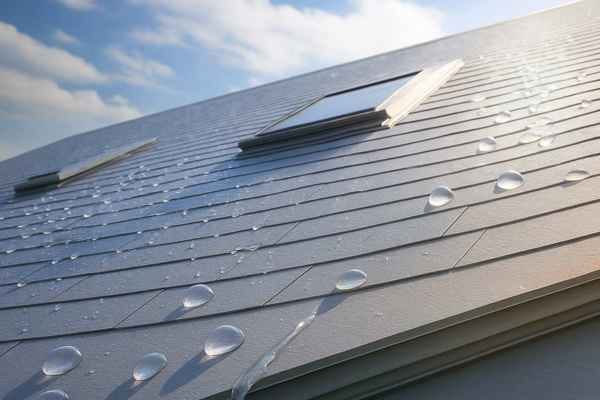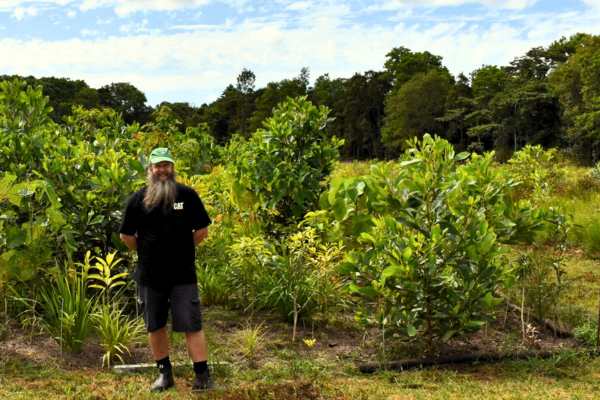Fresh start for sushi staple
As single-use plastic bans come into force, Aussie designers unveil a compostable alternative to the mini soy-sauce fish dropper.
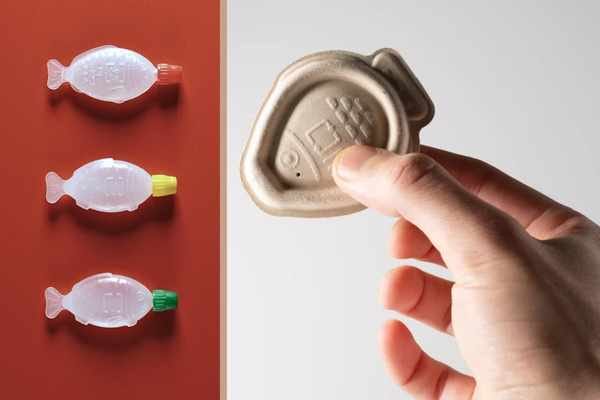
When South Australia’s latest single-use plastic ban took effect in September, the small, fish-shaped soy sauce containers officially became history.
To address this gap in the foodservice industry, Sydney-based design studio Heliograf has launched a plastic-free, home-compostable soy fish dropper that it says complies with single-use plastic bans.
The Holy Carp! sauce dropper is made from renewable sugarcane pulp and decomposes over a matter of weeks, leaving only nutrients for the soil, according to Heliograf. The new design is also free from PLA (bioplastic), PFAS (forever chemicals) and plastics, it says.
The company estimates that between eight and twelve billion of the original soy fish containers have been used globally since their invention in the 1950s.
“These tiny fish are used for seconds, but last centuries, harming the environment and potentially adding microplastic to our food,” Heliograf says. "They’ve become a symbol of a wasteful, linear economy that’s harming both people and the planet."
Once discarded, experts say, they can be mistaken by marine animals for food, and the cap and body parts can also pose a choking hazard. They also break down over time into the microplastics that are now detected everywhere from deep ocean trenches to human brain tissue.
"These tiny fish are used for seconds, but last centuries, harming the environment and potentially adding microplastic to our food."
Heliograf collaborated with industrial designer, Vert Design, and leading sushi restaurants to create what it describes as a practical and “planet-friendly” solution. Each container can hold up to 12 millilitres of soy sauce and is designed to be filled in-store, offering flexibility for different sauces and portion sizes.
The South Australian government's latest single-use plastic ban also includes plastic fruit stickers and the plastic cutlery and straws attached to food and beverages.
The soy sauce dropper ban, which will apply to all single-use plastic soy sauce containers under 30ml with a lid, cap, or stopper, has been described as a "vital next step in reducing the environmental burden of unnecessary single-use plastics" by the project coordinator of Plastic Free SA, Melissa Rayner.
Since the rollout of the plastic bans, she says, the program has helped South Australian businesses eliminate more than 15 million single-use plastic items.
The Holy Carp! soy sauce dropper is made from renewable sugarcane pulp and is compliant with single-use plastic bans because it contains no plastic, PFAS or PLA, according to its maker, Heliograf. Each unit holds up to 12 millilitres of sauce, and businesses can add an optional compostable sealing sticker for added protection or branding. The container is intended for single use, remaining leak-resistant for up to 48 hours after filling, and is fully home compostable, Heliograf says.
Related stories
